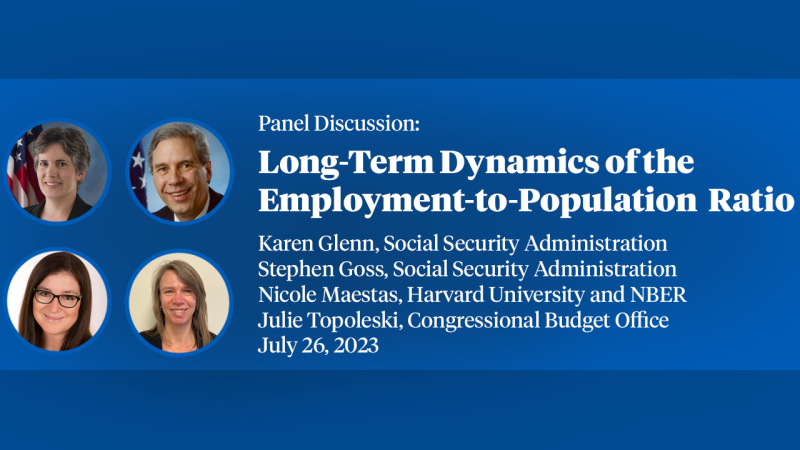How Corruption Causes Currency Crises
An increase in corruption from the level of Singapore to that of Mexico would have the same negative effect on...foreign investment as raising the marginal corporate tax by 50 percentage points.
Rampant public corruption in emerging market countries may contribute to the currency crises that have racked the developing world, because corruption acts to repel more stable forms of foreign investment and leaves countries dependent on volatile foreign loans to finance growth. This is the conclusion of Shang-Jin Wei and Yi Wu, who make a compelling case for the link between corruption and currency crises in Negative Alchemy? Corruption, Composition of Capital Flows, and Currency Crises (NBER Working Paper No. 8187).
They point out that the most dependable kind of foreign investors--those disposed to long-term commitments to projects and businesses--often refuse to put their money in developing countries where, for example, local bureaucrats expect bribes and the national government has been known to arbitrarily prey on business enterprises. But those countries still need foreign capital to fuel their economies. And, as Wei and Wu note, while a corrupt country may be undesirable for foreign direct investment (FDI), it may not be at an equal disadvantage when it comes to "obtaining bank loans" from international creditors. Wei and Wu believe one reason loans are easy to procure even when corruption is widespread is that the International Monetary Fund and governments from developed nations offer considerably more insurance and protections to lenders than to direct investors.
The end result, according to the authors, is an investment portfolio heavily skewed toward loans. And given how foreign lenders are known to flee at the first sign of trouble--while those directly invested in an enterprise tend to sit tight--such an imbalance leaves an economy much more vulnerable to a currency crisis.
"Hence, a small (unfavorable ) change in the recipient countries' fundamentals may cause a large swing in the portfolio capital flow" (for example, from massive inflows to massive outflows), the authors state. This can strain the recipient country's currency or financial system sufficiently to cause or exacerbate its collapse.
Wei and Wu argue that, by discouraging stable flows of investment capital, corruption--whose measure they derive from international surveys-- can be viewed as a sort of corporate tax on assets. "For example...an increase in corruption from the level of Singapore to that of Mexico would have the same negative effect on...foreign investment as raising the marginal corporate tax by 50 percentage points," they state.
While previous studies have advanced corruption and an unfavorable composition of capital inflows as "two rival explanations" for a currency crisis, Wei and Wu want analysts to consider that there is a "natural linkage" between the two. In their view, corruption is a core issue, an original sin that puts a country on course for a currency crisis "through its effect on the composition" of foreign investment.
-- Matthew Davis


